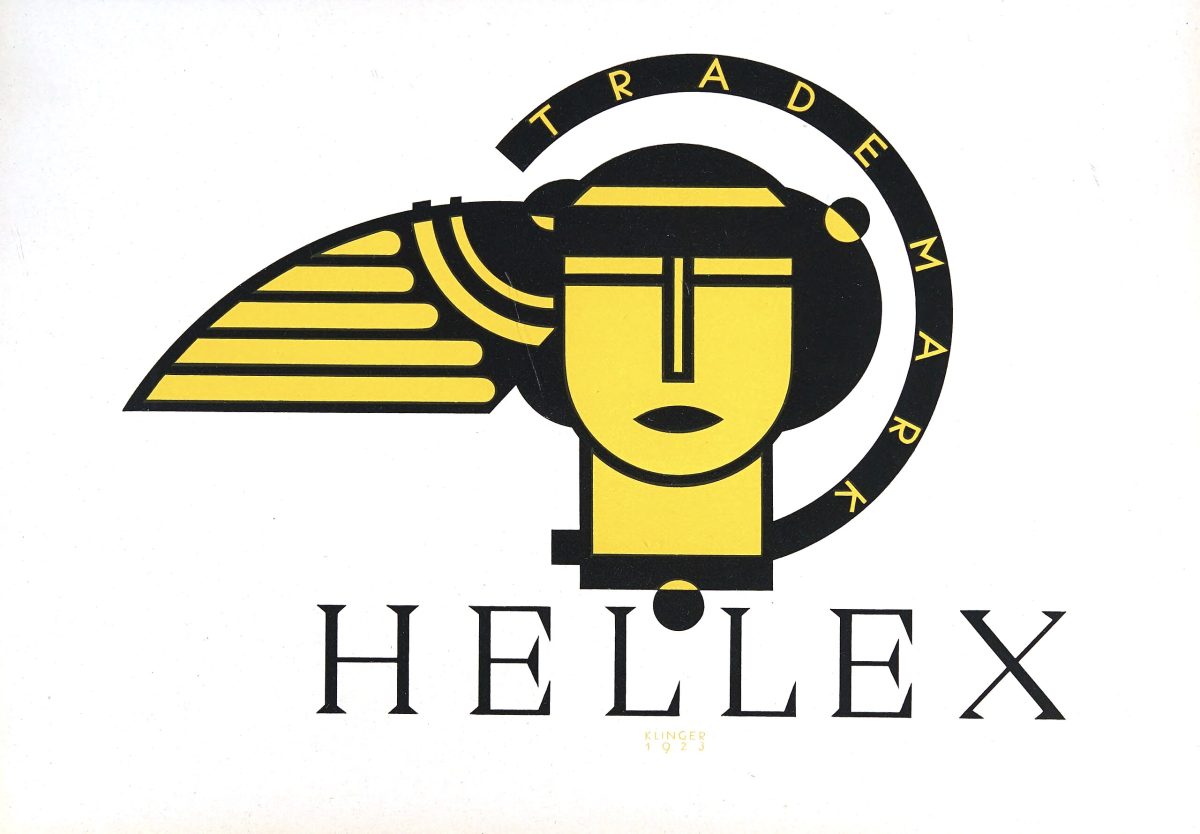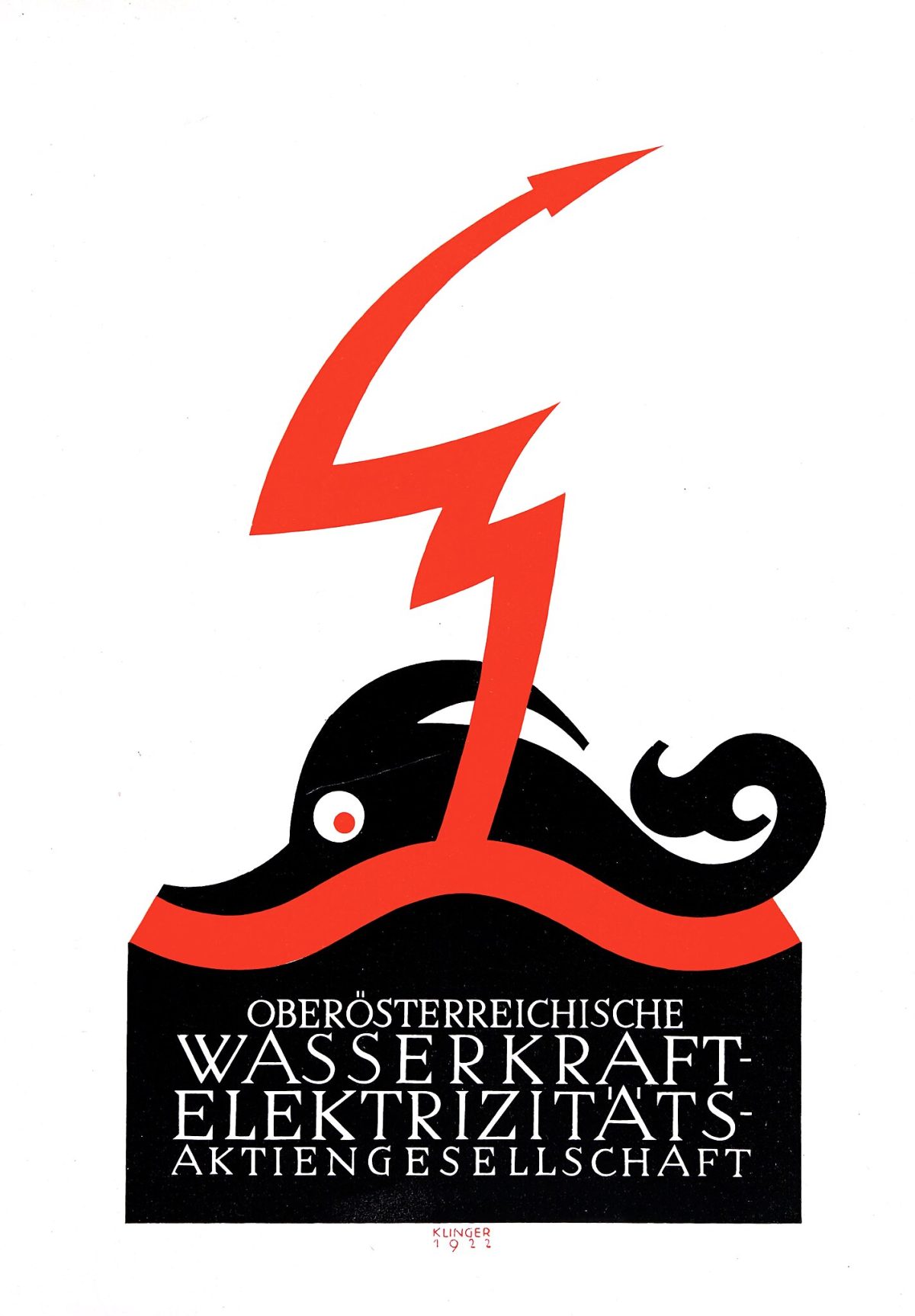These designs appear in Poster Art in Vienna (1923), an introduction to work of Julius Klinger artists and Klinger (22 May 1876 – 1942) himself to an American audience. Klinger work balances intricate detail and negative space, geometric pattern and gestural line, showcasing his control. As befitting a commercial artist, his work conveys a message and is not obsessed with artistic expression.
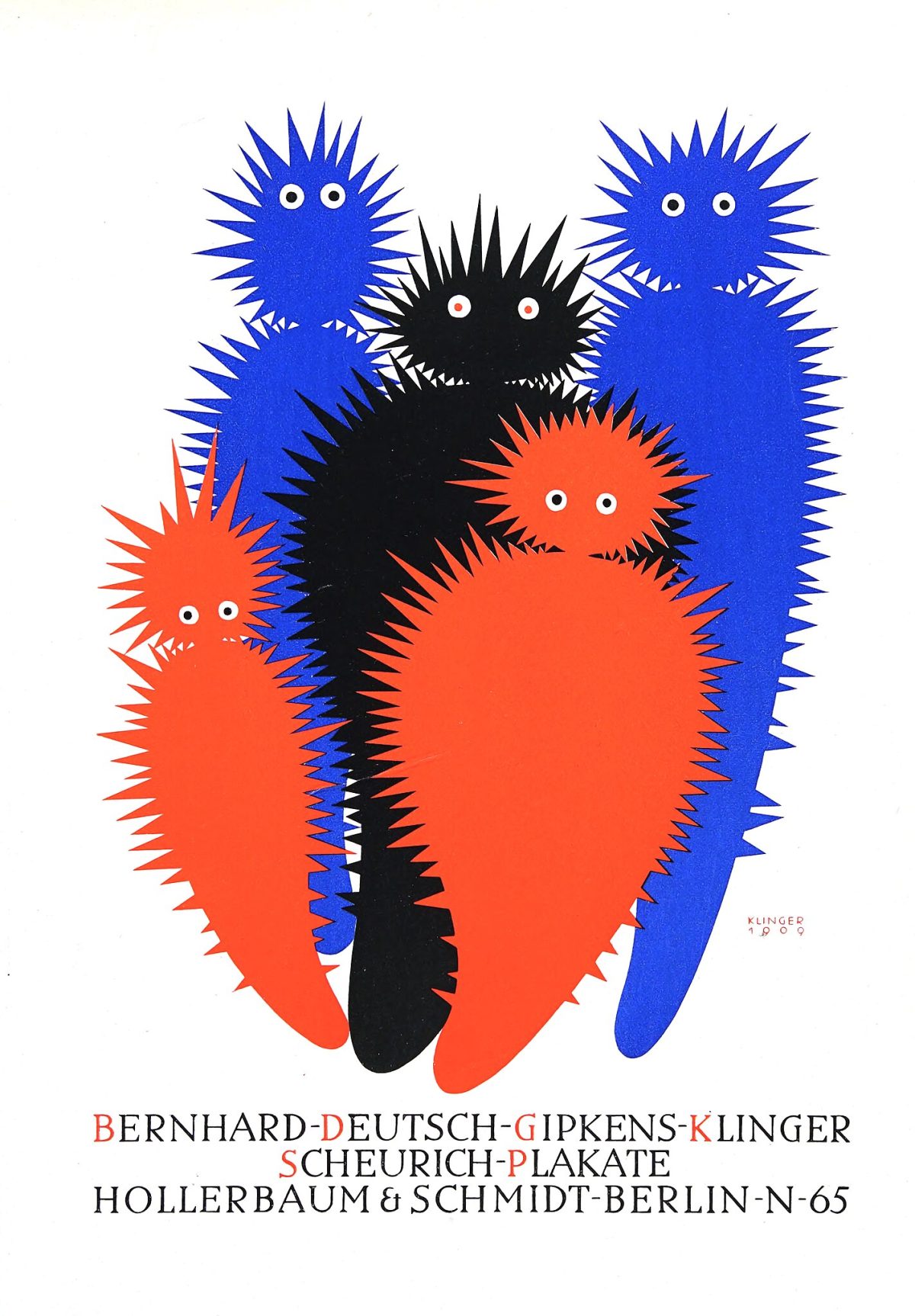
Hollerbaum & Schmidt (Printing company advertising poster from Poster Art in Vienna by Julius Klinger, 1909
Julius Klinger biograpahy
Julius Klinger was born in Dornbach near Vienna, Austria. In 1895, while working for Wiener Mode magazine he met artist and founder of the Vienna Secession, Koloman Moser, who would become his teacher. Moser’s influence can be seen in Klinger’s early illustrations and poster designs, with their flat spans of pattern and colour, decorative borders and frames.
On a recommendation from Moser, in 1896 Klinger took a position at German art and satirical magazine Meggendorfer-Blätter. From 1897 to 1902 he was a collaborator on Die Jugend.
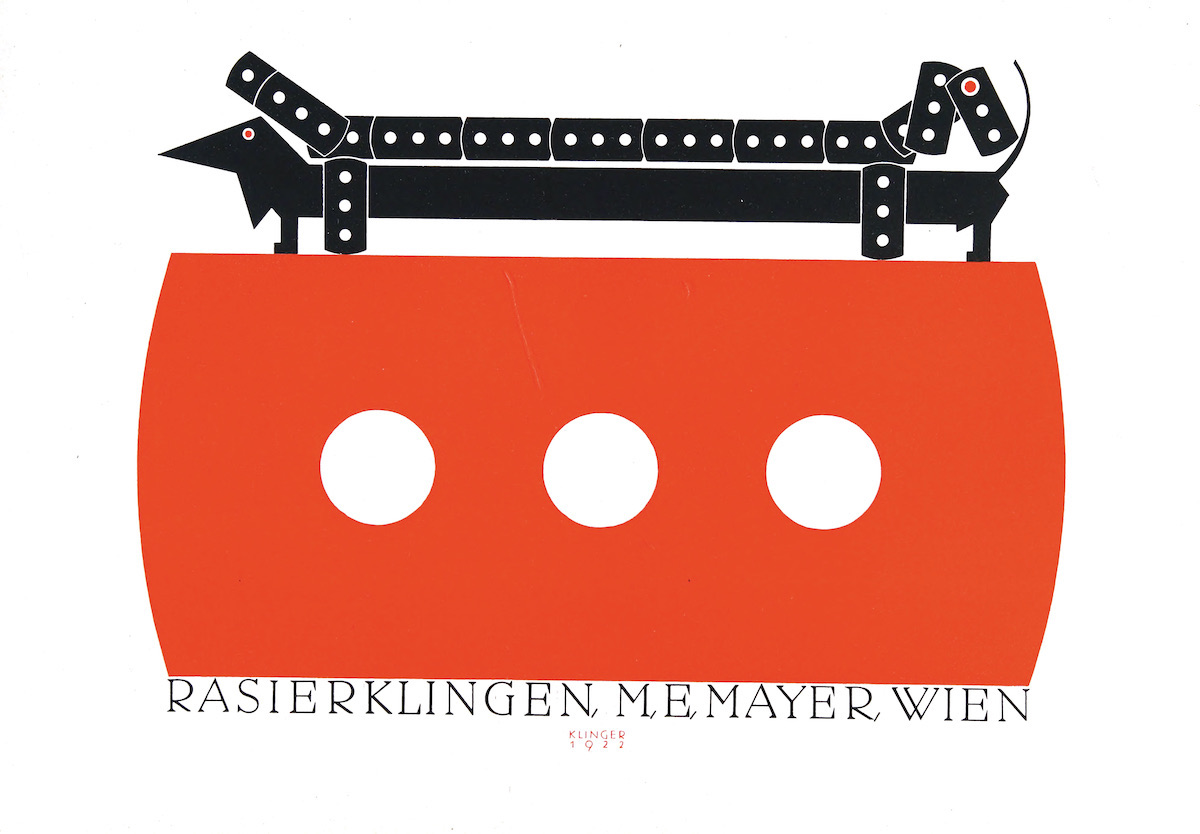
Rasierklingen M. E. Mayer Wien (Razor blade company advertising poster), 1922
In 1897 he relocated to Berlin, where he worked extensively as a commercial graphic artist until 1915. Together with the printing house Hollerbaum und Schmidt, he developed a new style of functional poster design that gained him international recognition.
In 1918, he began a long collaboration with Tabu, cresting adverts for the company’s cigarette rolling paper. Klinger created everything from newspaper advertisement to billboards, painted firewalls and fences around construction sites.
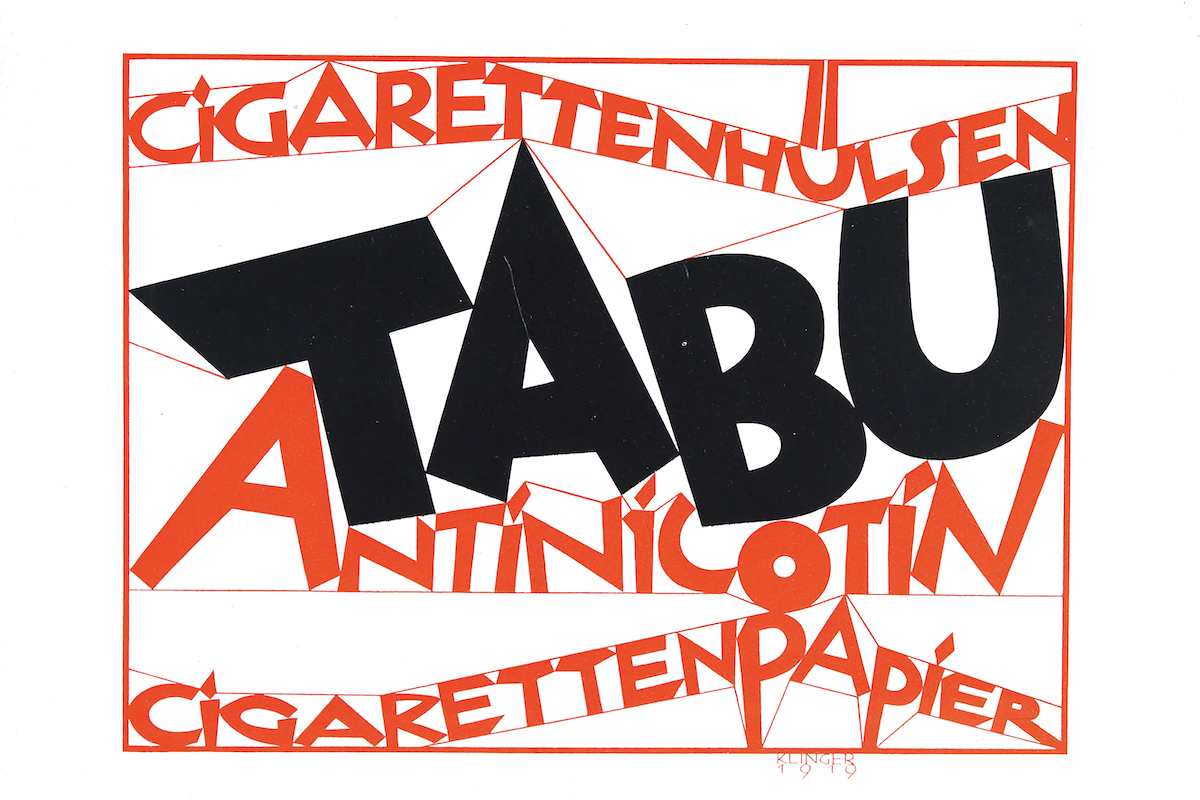
As a Jew, Klinger was persecuted by the Nazis. Viennese police records says that he and his wife Emilie were forcibly ‘Moved to Minsk’ on 2 June 1942. Many Viennese Jews were murdered at the Maly Trostenets extermination camp near Minsk. Julius Klinger was never seen again.
For those of you interested in the balance between aesthetic expression and commercial art, Roberto Rosenman notes how Klinger confronted the fragmentation of art institutions into small artist groups in Fin de Siècle Austria and Germany (the Vienna, Berlin, and Munich Secessions) reflected a growing divide between the art and business community.
In a response to Benno Jaroslav’s 1912 book Ideal and Seschäft (The Ideal and Business), Klinger criticised the excessive aestheticising of commercial art:
“We want to produce our work well and with purpose so that it not only unburdens our conscience but also fulfils its intended function as a part of life. … The success of our effort will result from a slow and laborious evolution. That is our hope. Today, the businessman approaches says, present us with his wishes, and we are forced to submit to them. He frequently ignores your considerations and scruples, which results in work that does not satisfy us but to which we must sign our names. Nonetheless, I think there is no harm if our aesthetic sensibilities are occasionally slighted, since these matters are, after all, not so important that we should refuse to make any concessions. As long as we attempt to steadily develop and improve our work, we are doing our duty. If some misstep provides a potential target to unworldly aesthetes, it does us no damage. Slowly, the business world will understand that we are right about these things, just as we have recognized that the business world was right to curtail are excessively aesthetic ambitions…We are now experiencing a reaction to the excessive overrating of the decorative arts that occur 10 years ago.”
Buy Julius Klinger designs in the Flashbak shop.
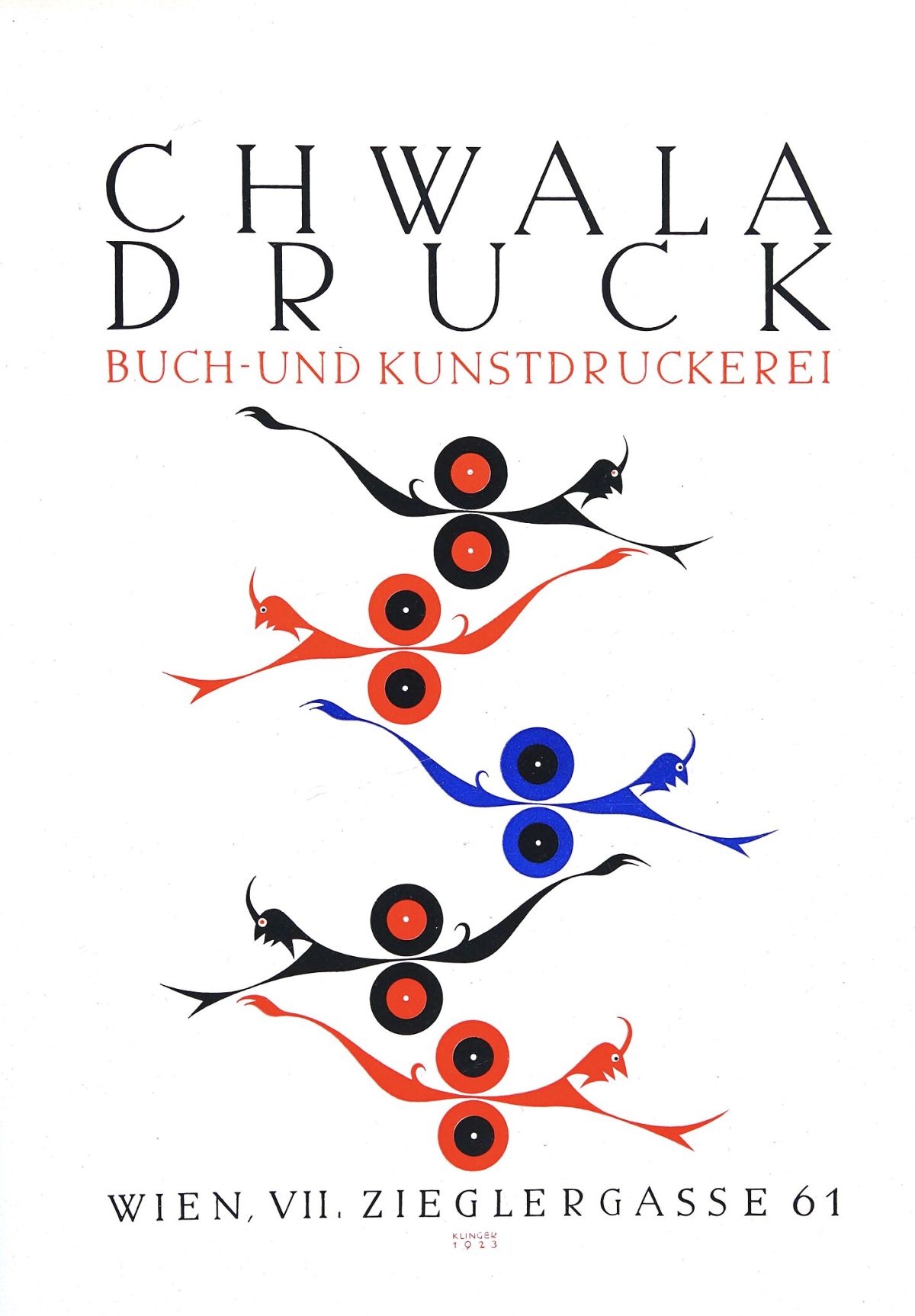
CHWALA DRUCK, Wien (Printing company advertising poster 1923, image from Poster Art in Vienna, by Julius Klinger, 1923
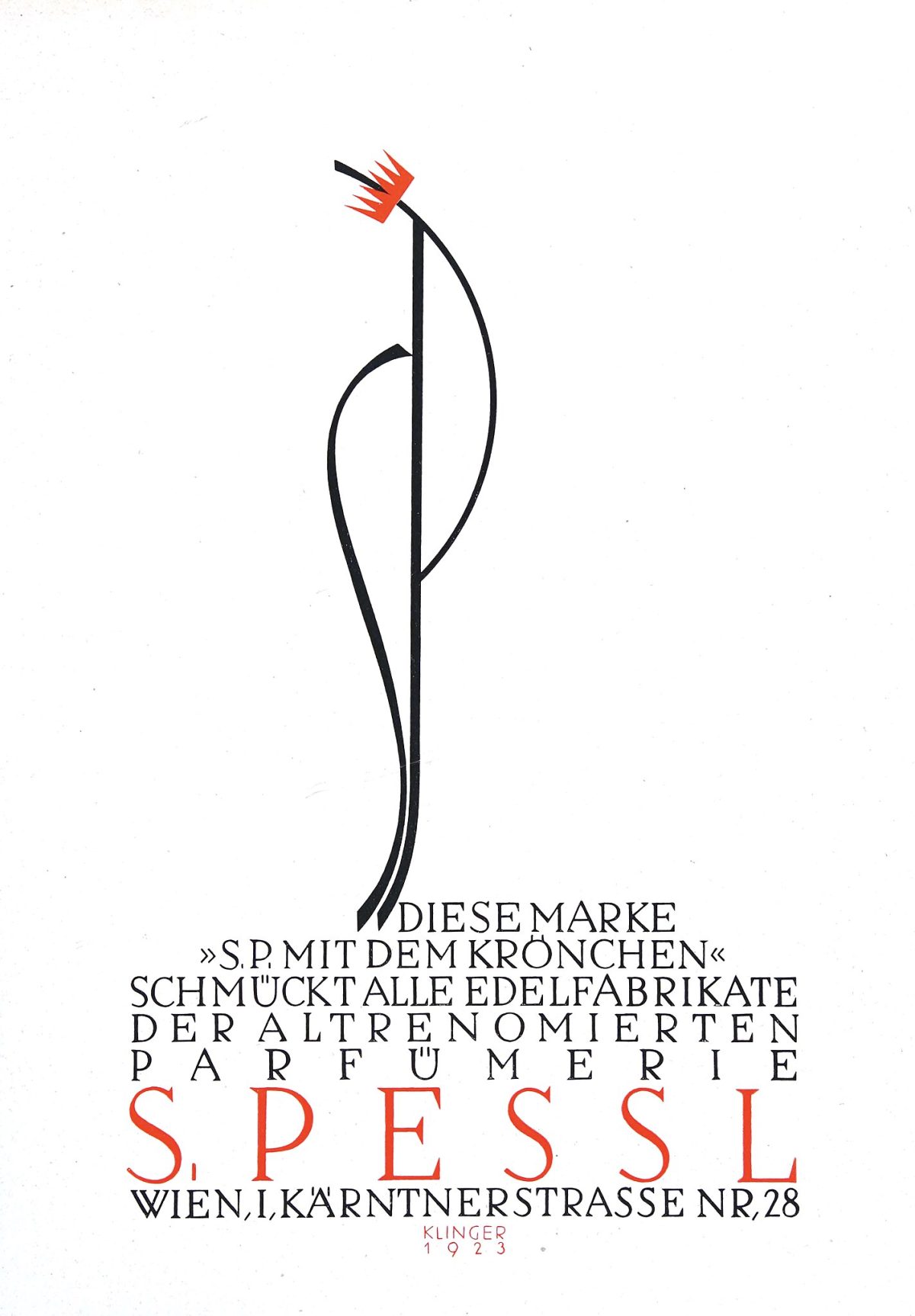
Parfümerie. S. Pessel Wien (Perfume company advertising poster 1923, image from Poster Art in Vienna
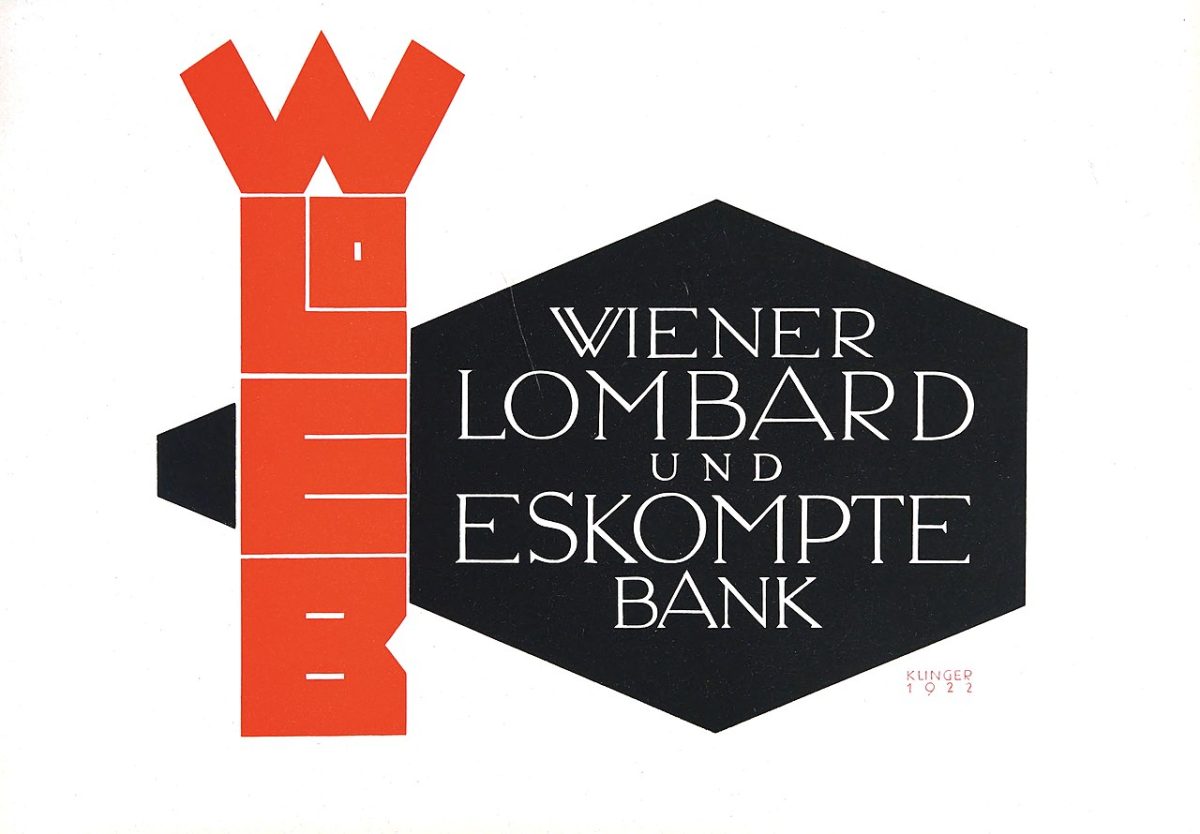
Wiener Lombard und Eskompte Bank 1922 (image from Poster Art in Vienna, c. 1923
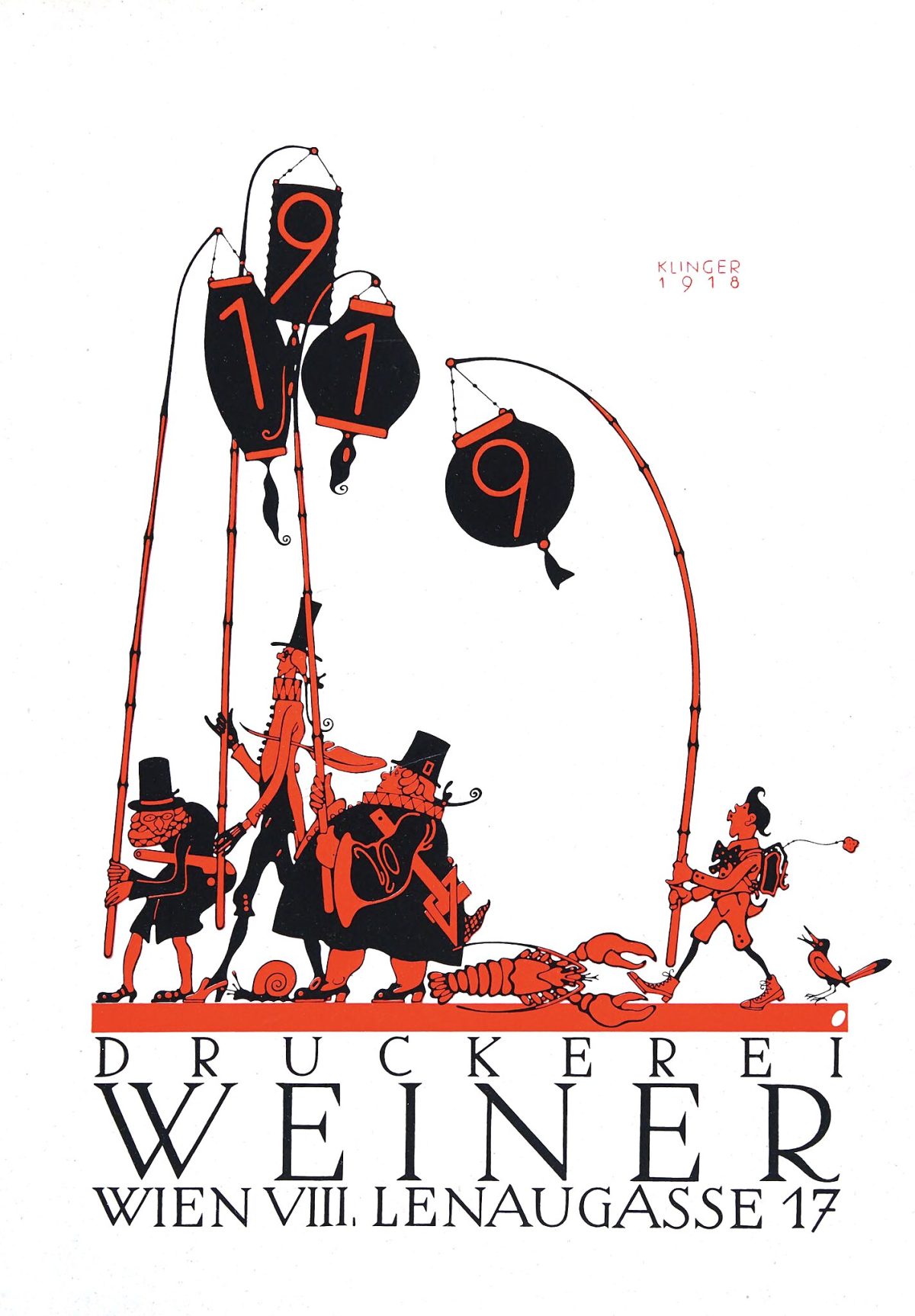
Druckerei Weiner, Wien (Printing company advertising poster 1919, image from Poster Art in Vienna
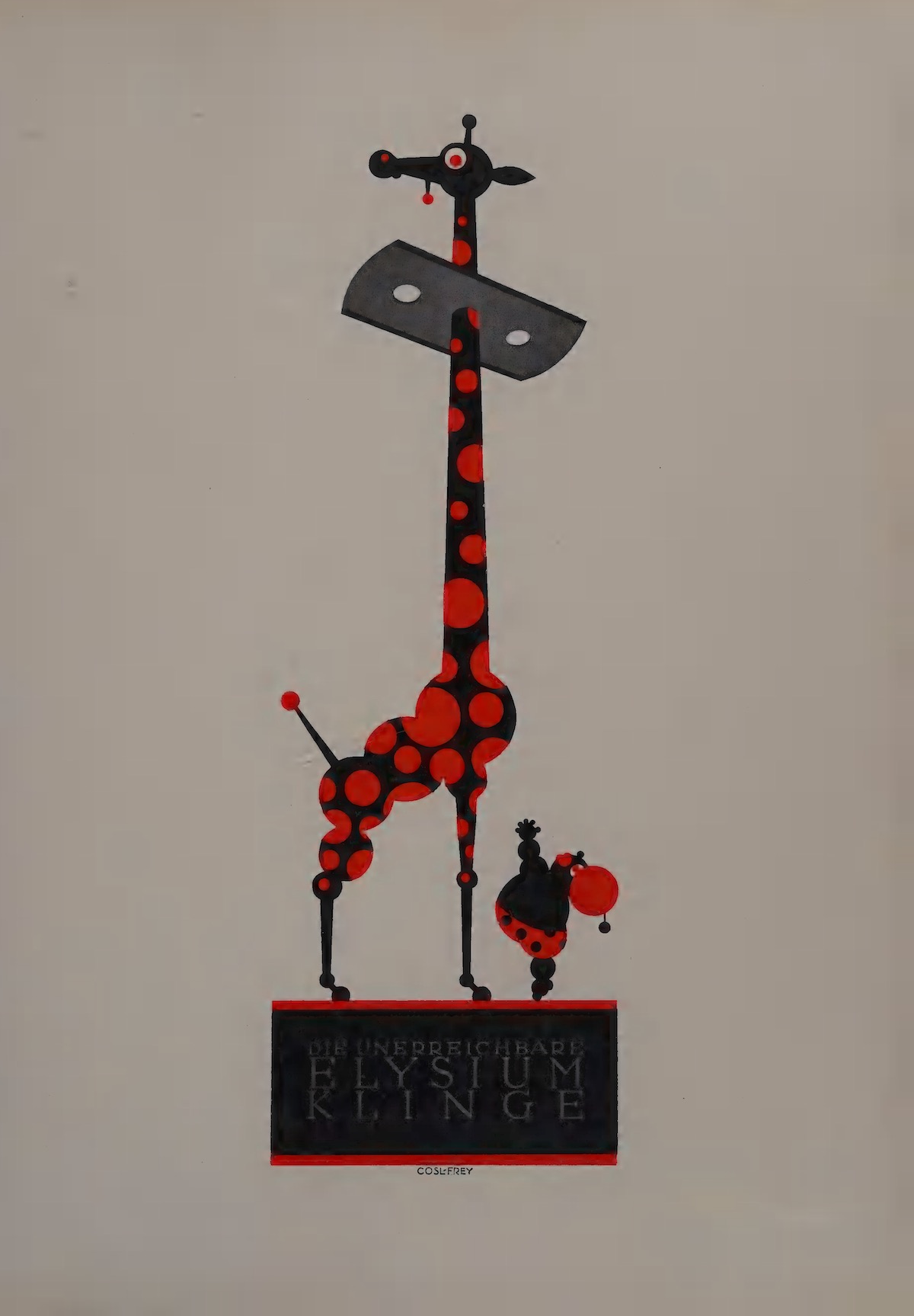
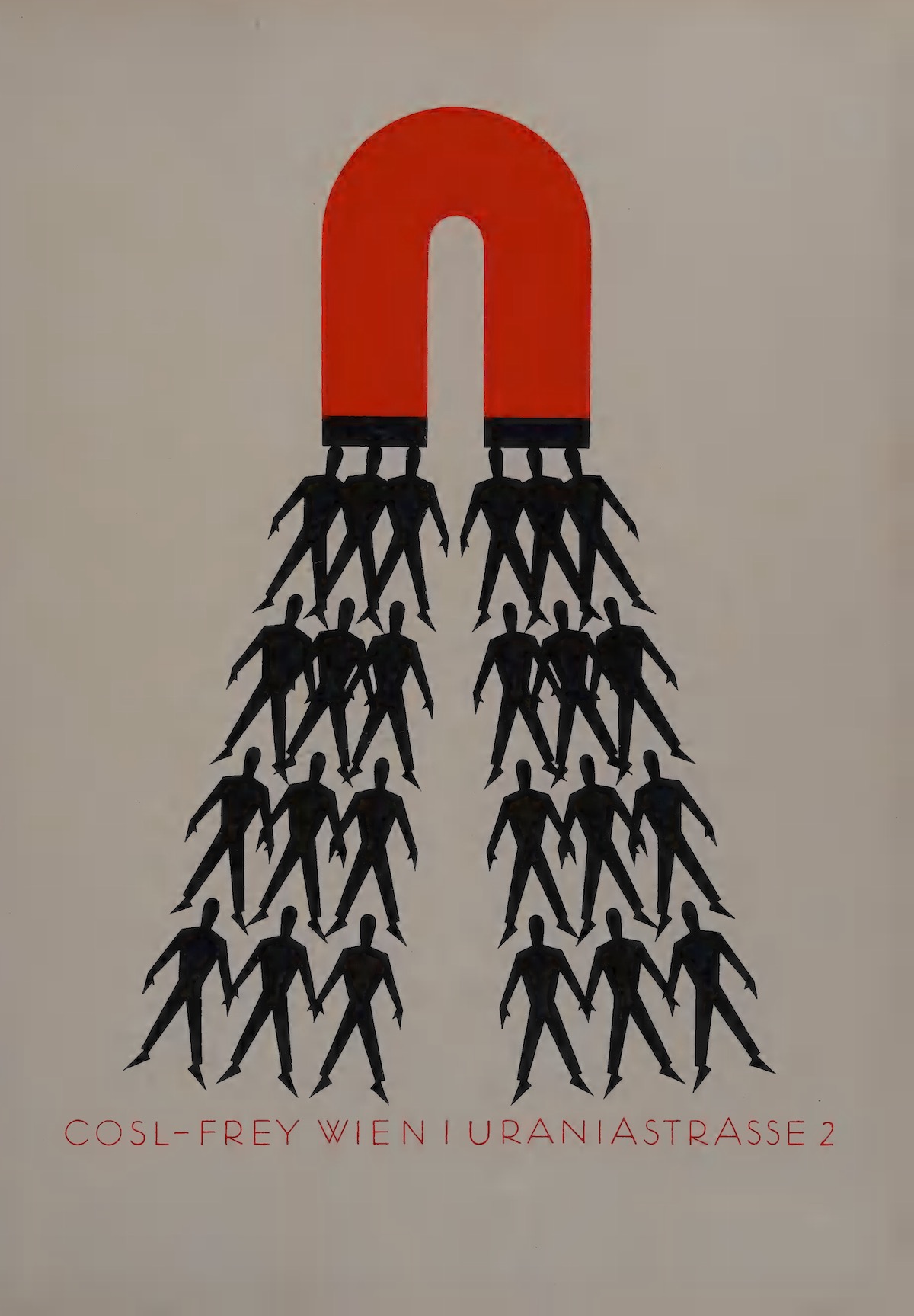
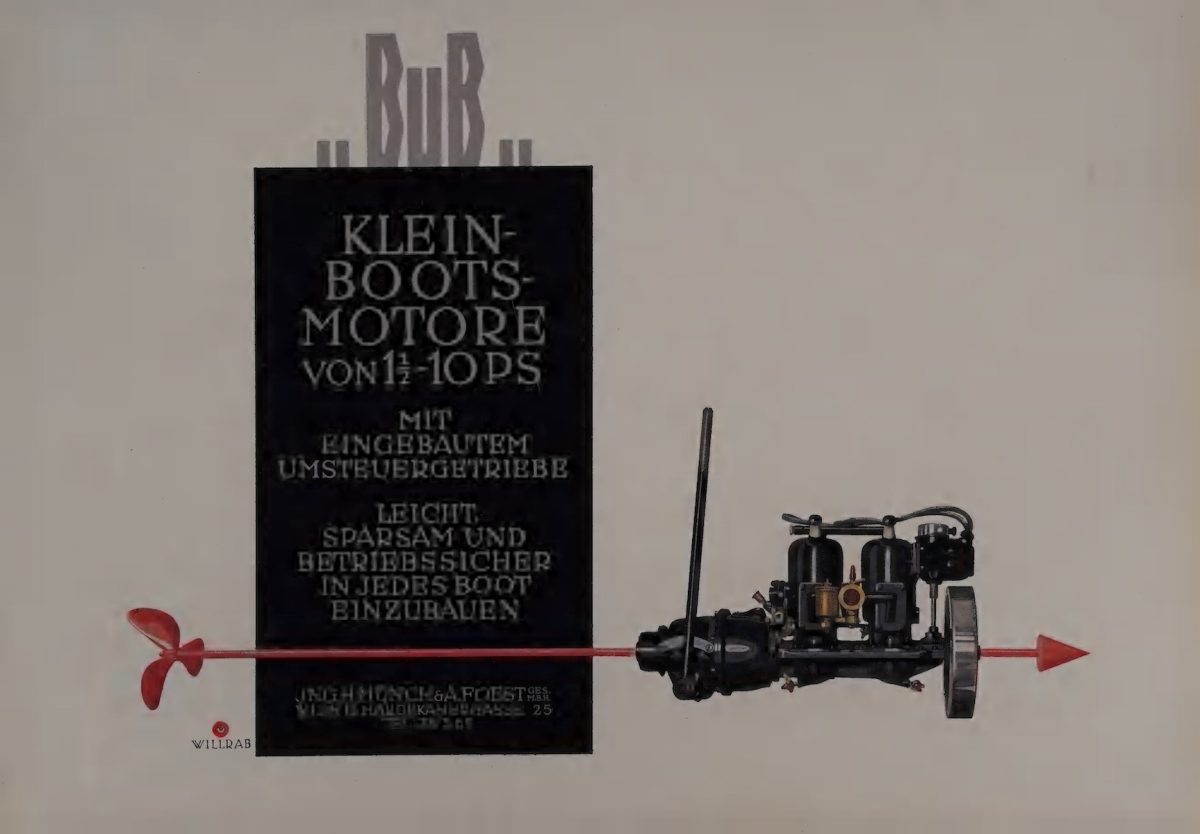
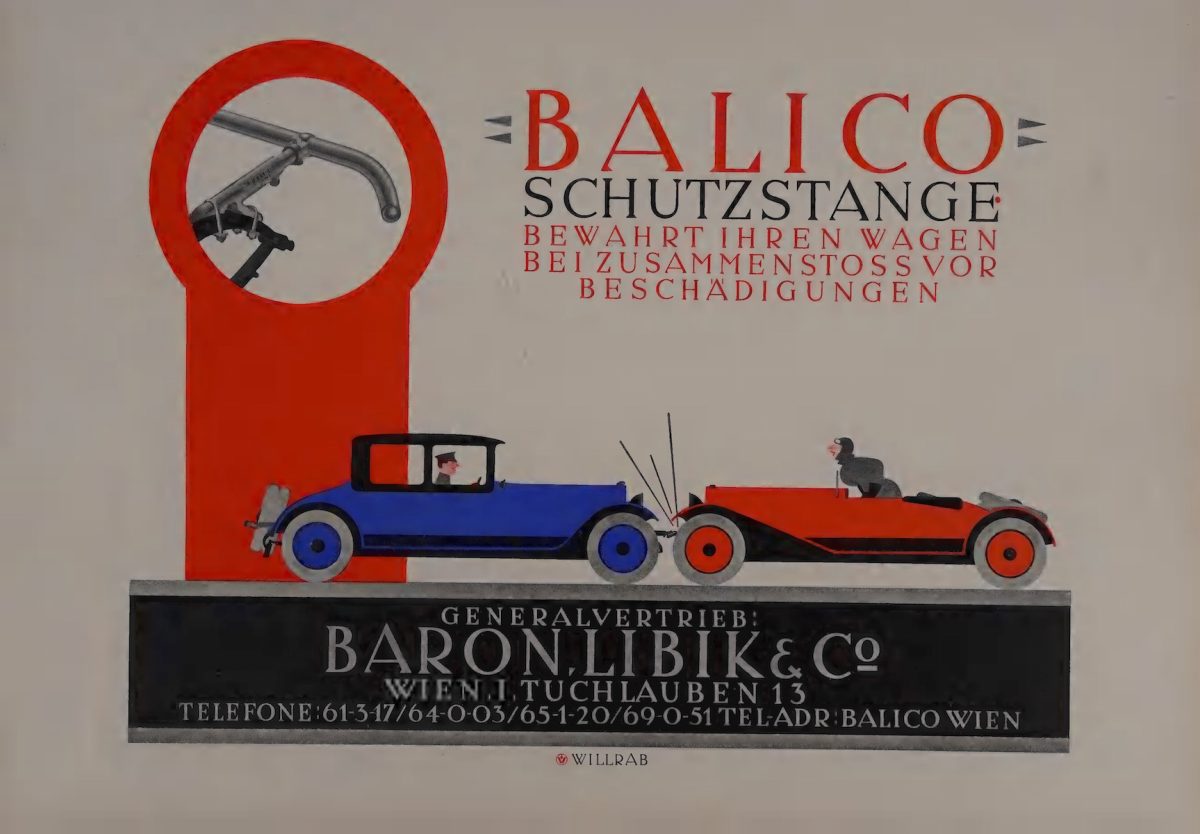
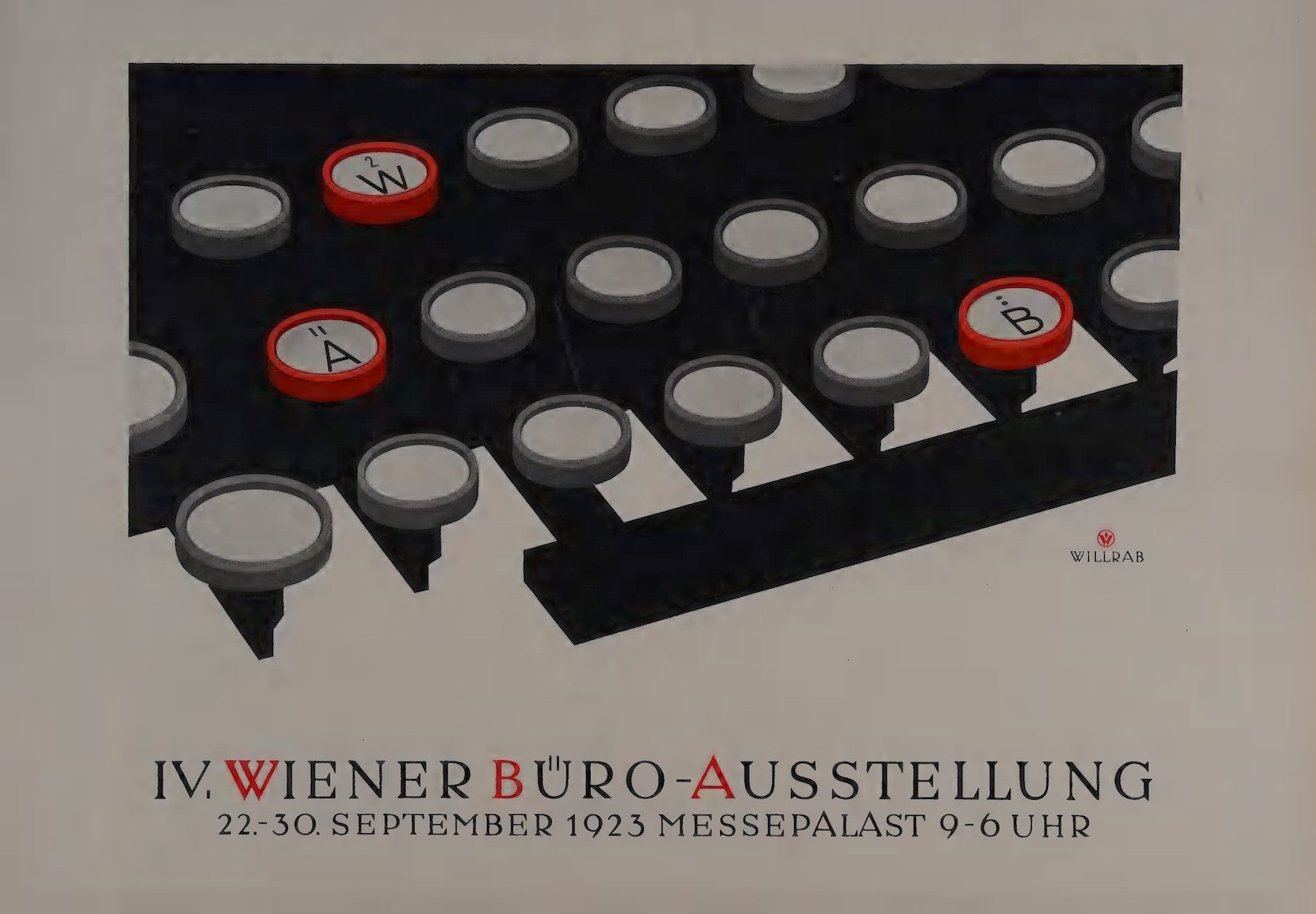
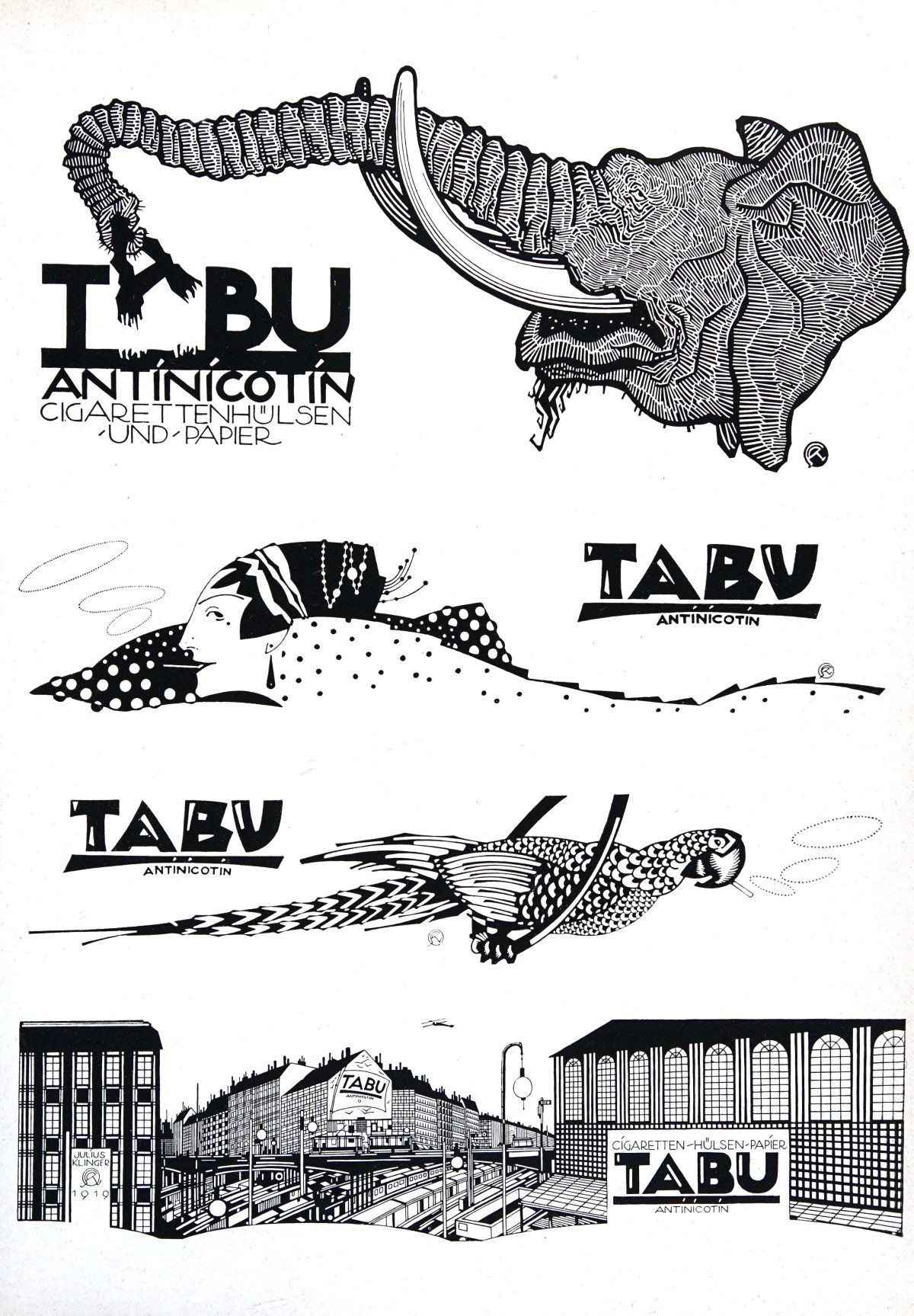
TABU Antinicotin Cigarettenhülsen Papier (Cigarette paper filter company advertising drawings in black white 1919, images from Poster Art in Vienna c 1923
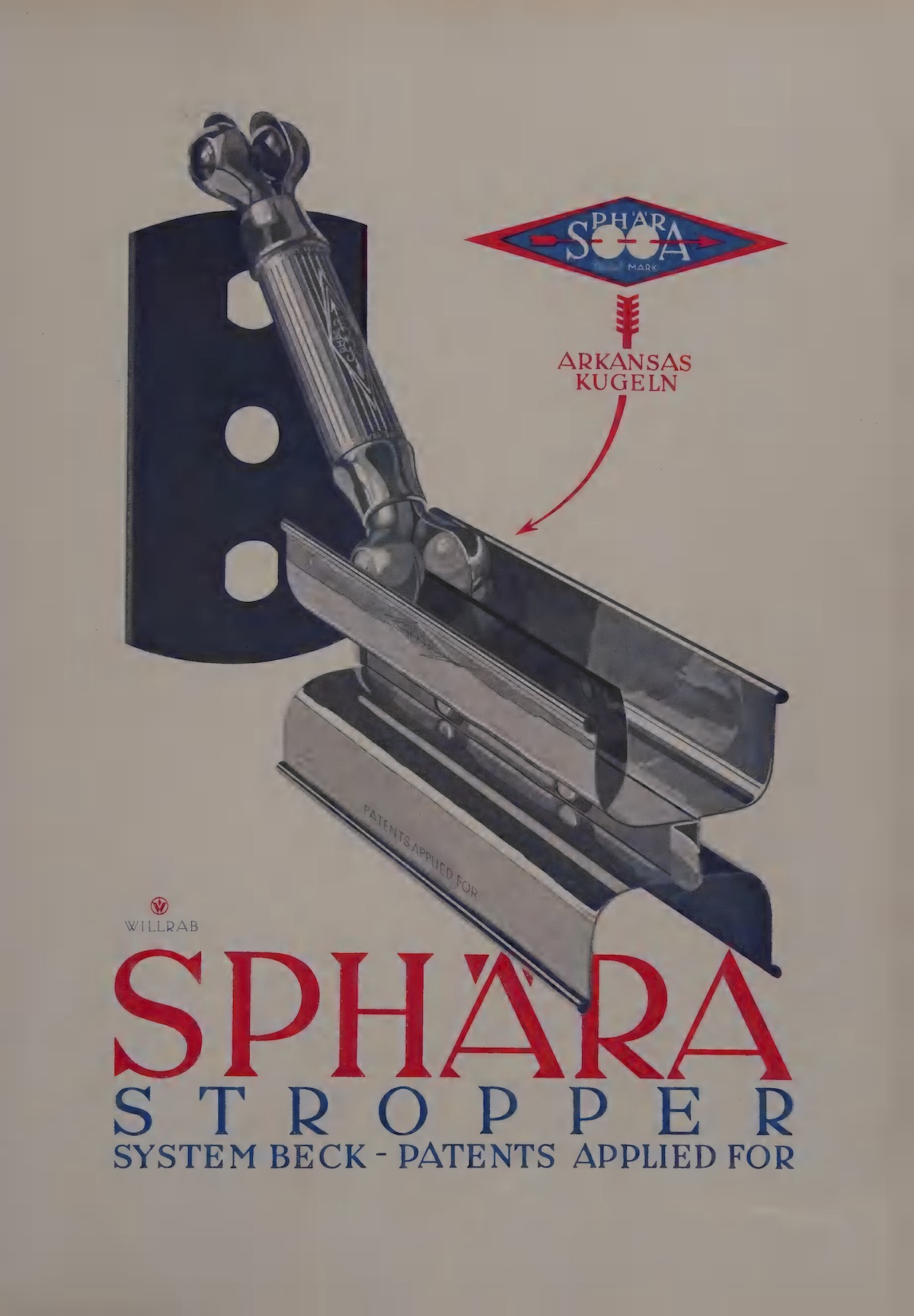
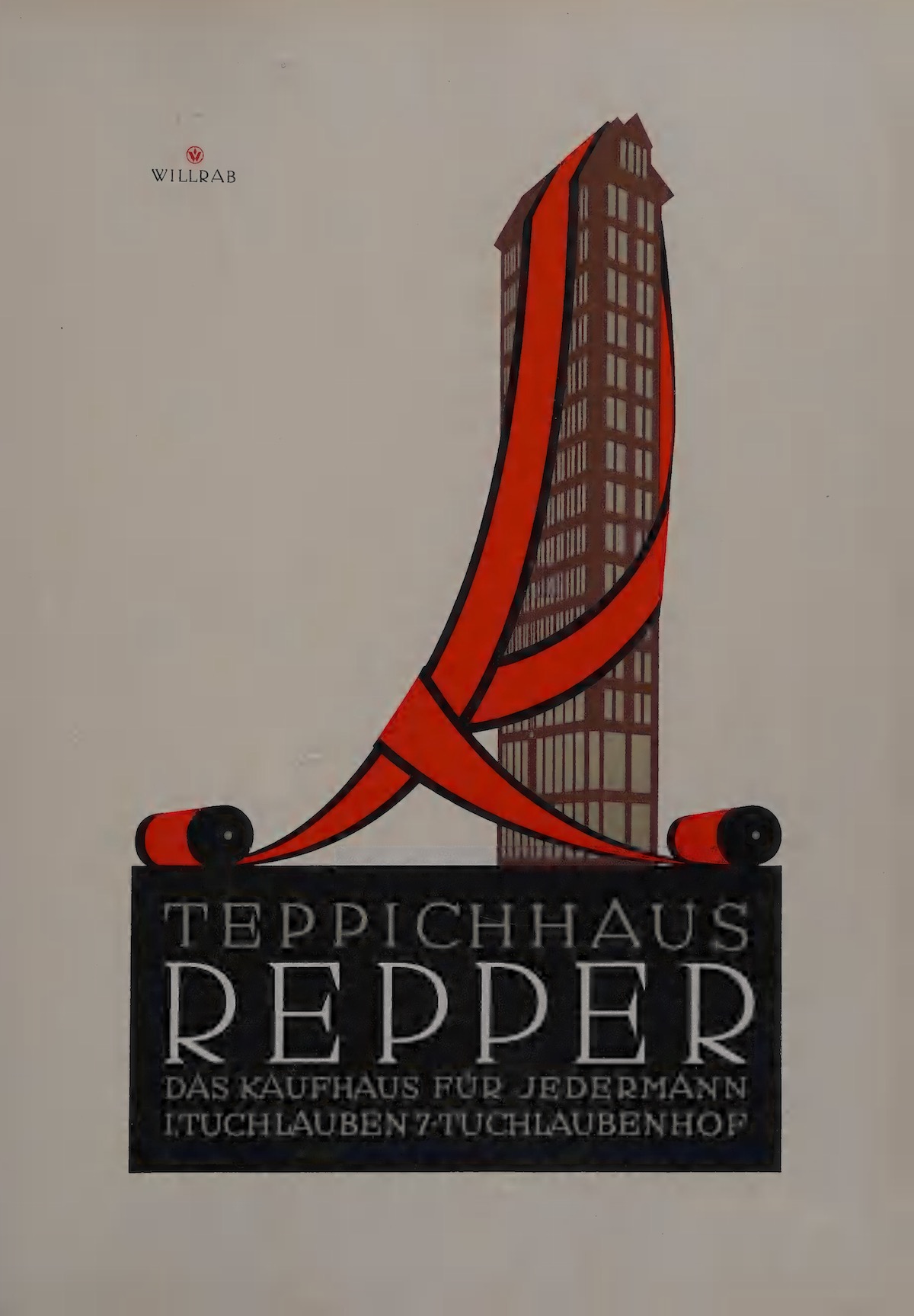
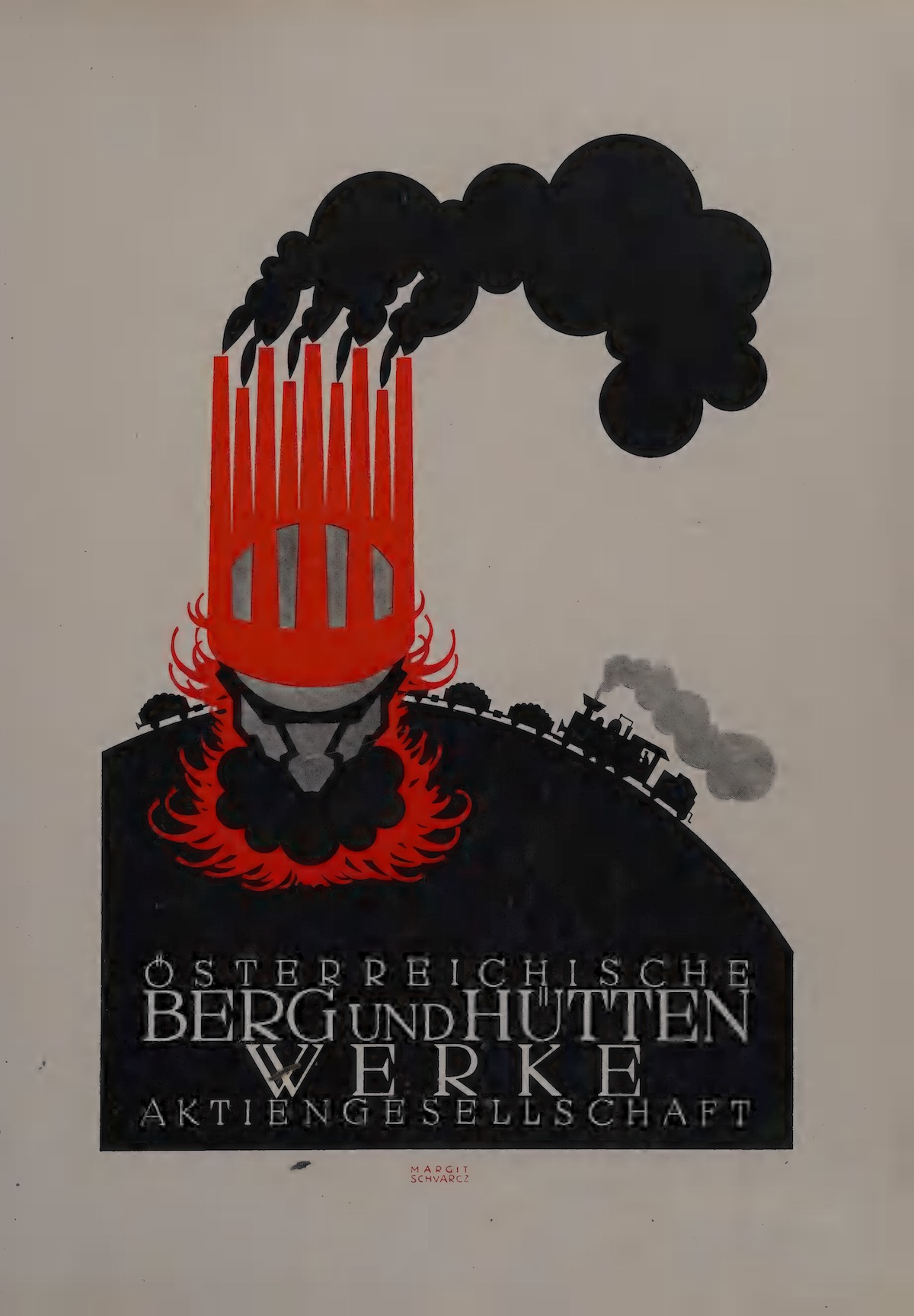
Buy Julius Klinger designs in the Flashbak shop.
Would you like to support Flashbak?
Please consider making a donation to our site. We don't want to rely on ads to bring you the best of visual culture. You can also support us by signing up to our Mailing List. And you can also follow us on Facebook, Instagram and Twitter. For great art and culture delivered to your door, visit our shop.


